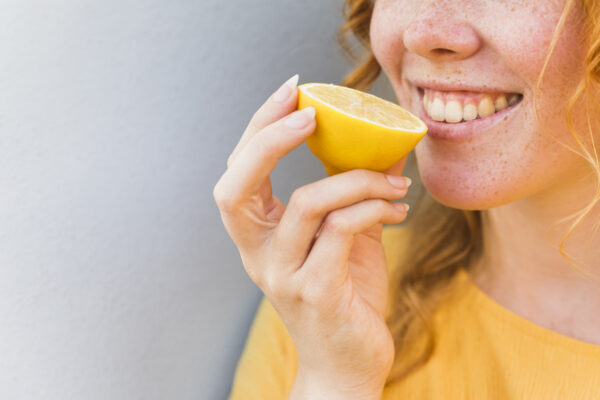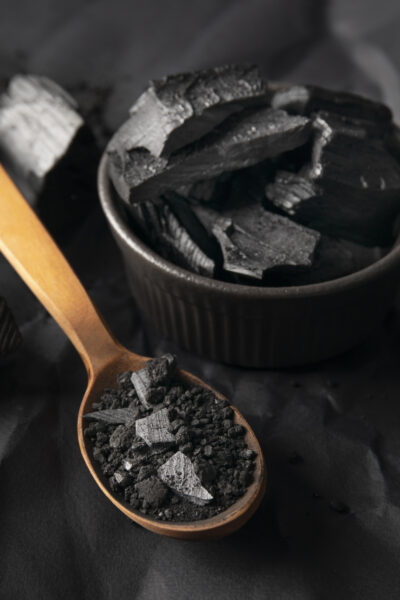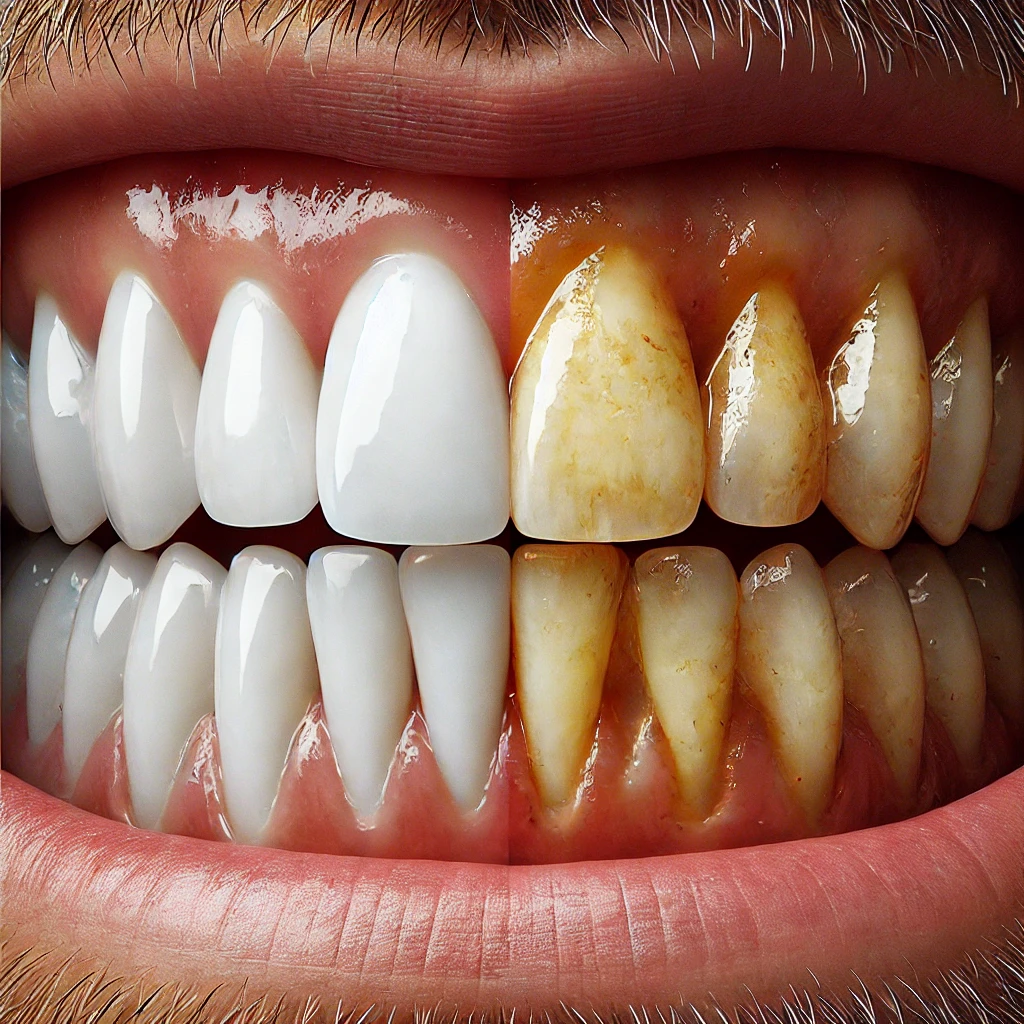
Discover how to prevent and remove tea stains from teeth with these simple and effective tips. Get back your bright smile with natural remedies and expert advice.
Understanding Tea Stains on Teeth
Tea is one of the most loved beverages worldwide. Whether it’s a morning ritual or a relaxing evening habit, tea brings comfort. But over time, tea can leave stains on your teeth, diminishing the brightness of your smile.
Tea contains tannins, which are naturally occurring compounds that can stick to the enamel of your teeth. These tannins cause stains, especially if you drink tea frequently. The darker the tea, the more likely it is to stain.
But don’t worry. There are ways to prevent these stains and remove them effectively.
Simple Steps to Prevent Tea Stains on Teeth
Preventing tea stains is easier than dealing with them after they appear. Here are some practical tips to keep your teeth stain-free.
1. Rinse Your Mouth After Drinking Tea
One of the easiest ways to prevent stains is to rinse your mouth with water after drinking tea. This helps wash away the tannins before they stick to your teeth.
2. Use a Straw
When you drink tea through a straw, less liquid comes in contact with your teeth. This simple habit can significantly reduce the chances of staining, especially with iced tea.
3. Brush Your Teeth Regularly
Brushing your teeth twice a day with fluoride toothpaste helps keep stains at bay. Make sure to brush at least 30 minutes after drinking tea to protect your enamel from abrasion.
4. Choose Lighter Teas
Switching to lighter-colored teas like green or white tea can make a difference. These teas have lower tannin content and are less likely to stain your teeth.
5. Add Milk to Your Tea
Adding milk to your tea can reduce the staining effect. The proteins in milk bind to tannins, making them less likely to stick to your teeth.
6. Maintain a Healthy Diet
Eating crunchy fruits and vegetables like apples and carrots can help clean your teeth naturally. These foods act as natural scrubbers, removing particles before they turn into stains.
7. Drink Plenty of Water
Drinking water throughout the day keeps your mouth hydrated and helps wash away stain-causing substances. It also promotes saliva production, which is essential for oral health.

Effective Methods to Remove Tea Stains from Teeth
If tea stains have already settled on your teeth, there are several methods to remove them. Below are some tried-and-true options:
1. Baking Soda and Hydrogen Peroxide
A paste made from baking soda and hydrogen peroxide is an effective stain remover. Baking soda is a mild abrasive, while hydrogen peroxide has bleaching properties.
- Mix a small amount of baking soda with a few drops of hydrogen peroxide.
- Apply the paste to your teeth with a toothbrush.
- Gently brush for two minutes and rinse well.
This method should be used sparingly, no more than once or twice a week, to avoid damaging the enamel.
2. Whitening Toothpaste
Whitening toothpaste is specially formulated to remove surface stains. Look for a toothpaste that contains mild abrasives like silica or alumina, which can polish away stains without being too harsh on your teeth.
Use whitening toothpaste as part of your daily routine, but avoid using it more than recommended, as overuse can lead to enamel wear.
3. Professional Teeth Whitening
If home remedies do not give you the results you want, professional teeth whitening might be the answer. Dentists offer various treatments, from in-office bleaching to take-home whitening kits.
Professional whitening is more effective than over-the-counter products and can remove deeper stains. It also tends to last longer, though it may require touch-ups to maintain the results.
4. Oil Pulling
Oil pulling is an ancient practice that involves swishing oil, typically coconut oil, in your mouth to remove bacteria and whiten teeth.
- Take a tablespoon of coconut oil.
- Swish it around in your mouth for 15-20 minutes.
- Spit it out and rinse your mouth with water.
While scientific evidence on oil pulling is limited, many people find it effective in maintaining oral hygiene and reducing stains.
5. Activated Charcoal
Activated charcoal is known for its ability to bind with toxins and impurities. It can also help remove stains from teeth.
- Wet your toothbrush and dip it into activated charcoal powder.
- Brush your teeth for 2-3 minutes.
- Rinse thoroughly to remove the charcoal.
Use activated charcoal sparingly, as it is abrasive and may wear down enamel if used too often.
6. Apple Cider Vinegar
Apple cider vinegar is a natural whitener that can help remove tea stains. Its acidity can break down plaque and stains.
- Dilute apple cider vinegar with water (one part vinegar to two parts water).
- Swish the solution in your mouth for 30 seconds.
- Rinse with water and brush your teeth.
Do not use apple cider vinegar too often, as its acidity can erode enamel over time.

The Role of Regular Dental Visits
Regular visits to the dentist are crucial for maintaining a bright smile. Your dentist can spot early signs of staining and offer professional cleanings that remove plaque and tartar buildup.
During a dental cleaning, a hygienist uses special tools to remove stubborn stains that regular brushing cannot handle. This not only helps keep your teeth white but also improves overall oral health.
Your dentist can also advise you on personalized treatments if tea stains are a recurring issue. They may recommend specific products or procedures to keep your smile bright and healthy.

